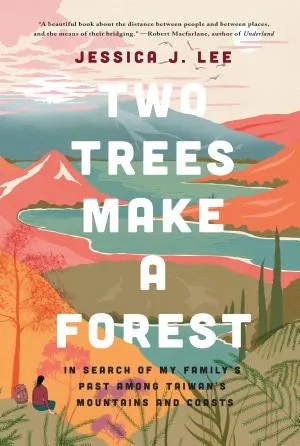
Two years later, the first Gray-Milne seismometer was installed in Taipei—renamed Taihoku by the Japanese—enabling the official collection of seismic data on the island.
So when the forests disappear from the slopes, the mountains, too, are not long for this world. Landslides tell us how little is eternal.
In Taiwan, though so much had changed, my mother became a person with a topographic history, a person set into the scene in which she believed she belonged. In my childhood, I never saw that in her: In forty years of life in Canada, she had never rooted to the place and got lost easily. On her commutes in rush-hour traffic, she did not stray from her prescribed path. But on the beach I realized that she’d carried something of the island in her the entire time, molecularly, absorbed the way water swells beneath the skin.
My mother, sister, and I stumbled over whether to call ourselves Chinese—we weren’t from a China that exists any longer—or Taiwanese. No single word can contain the movements that carried our story across waters, across continents.